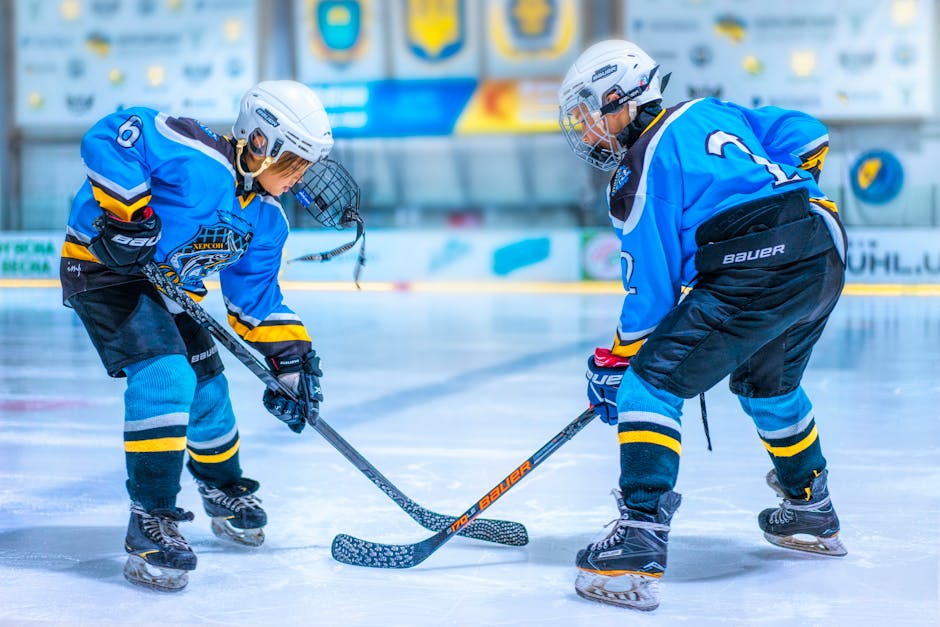
The Thrill of Ice Hockey: Is It a Game Worth Playing?
Exploring the Electrifying Advantages and Hidden Disadvantages of Ice Hockey
Ice hockey is a sport known for its intensity and fast-paced action, attracting millions of players and fans across the globe. With its dynamic gameplay combining speed, strategy, and skill, ice hockey has established itself as a beloved pastime for many. But beyond the excitement that comes with the game, it’s essential to understand the advantages and disadvantages associated with participating in ice hockey. This article takes a closer look at what makes the sport so appealing and some of the potential drawbacks players may face.
From building teamwork skills to the physical conditioning ice hockey demands, players enjoy numerous benefits through participation. However, the sport also comes with potential risks such as injuries and the high cost of equipment. With hockey's increasing popularity, aspiring players should weigh these factors carefully before diving into the rink.
Pros
Ice hockey offers numerous advantages that lure many athletes to the rink. For starters, it's a fantastic way to boost physical fitness. The demands of the sport require players to develop agility, endurance, and strength, contributing to overall health. But the benefits extend beyond physical fitness. Ice hockey also promotes important life skills, including teamwork and strategic thinking. Let's explore the particular advantages of engaging in ice hockey.
Missing a pro?
Cons
While ice hockey offers an array of benefits, it is equally crucial to recognize the challenges that accompany the sport. From the potential for injuries to the high costs associated with equipment and training, aspiring players must consider these factors prior to committing to the game. In doing so, they can better prepare themselves and make informed decisions about their participation in ice hockey. Let's delve into the disadvantages that warrant attention.
Missing a con?
Conclusion
Ice hockey serves as a thrilling sport with undeniable benefits, from enhancing physical fitness to fostering teamwork and community. However, prospective players should weigh the potential downsides, including injury risks, financial burdens, and time commitments. By carefully evaluating both the positive and negative aspects of ice hockey, individuals can make balanced decisions that align with their goals and lifestyle preferences. Ultimately, whether one chooses to pursue ice hockey or not, the key lies in understanding the entire spectrum of this exciting sport and how it fits into overall wellbeing.
What do you think?
Do you think the pros outweigh the cons?








